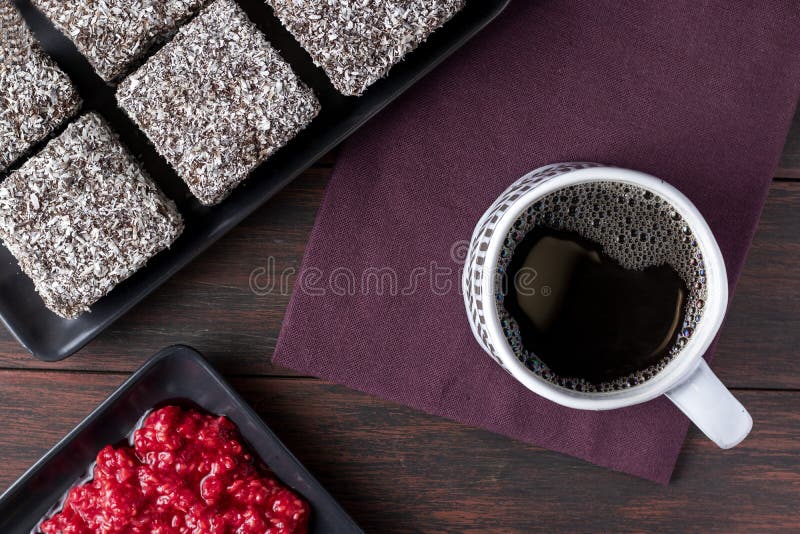

Fika can occur in the morning, after lunch, or in the evening.

The time of day depends on your schedule and personal preferences. And if you don’t have a companion, you can also enjoy the ritual alone. Virtual fika is also common these days as we connect online with our loved ones, coworkers, and friends. You can enjoy fika in a work break room, at home, in a coffee shop, outdoors on a picnic, or under candlelight. The food can vary, too, and include sweet, savory, store-bought, or handmade objects. While many Swedes drink coffee, tea and soda are also just fine. There really is no right or wrong way to fika as long as it includes a beverage, food, and friends. Rearrange the letters in kaffi to ffi-ka, and you get fika. Participants would use the word “kaffi” instead of kaffe to describe their secretive shared cups. Those secretive meetings formed the beginnings of the fika tradition. Yet, Swedes continued to enjoy and share the drink in private.
The swedish coffee break plus#
An outright ban on coffee importation and consumption in 1756, plus four additional bans through 1822, further threatened the beverage’s place in Swedish society. In 1746, a royal law levied a heavy tax on coffee and tea. But locals soon feared that coffee consumption would threaten the sale of beer and the livelihood of local breweries. When coffee first arrived in Sweden in the late 1600s, it quickly became a popular beverage. But this beverage hasn’t always been so popular to drink in public. For example, you could say, “Let’s fika together.” History of FikaĬoffee consumption in Sweden ranks third in the world behind Finland and the Netherlands reports Statista. In fact, fika is such an important part of society that Swedes use the word as a noun and a verb. It provides people with something to look forward to as they savor the moment. This daily ritual allows Swedes to slow down, connect with others and appreciate the good things in life. Pronounced fee-ka, the word means “to have a break.” While the tradition of fika involves coffee and pastries, it’s also a philosophy and a way of being. The concept is rooted in wellbeing and plays a key role in Swedish culture. Fika is a proper Swedish coffee break which is quite different from the American routine of driving through Starbucks on the way to a meeting or having a coffee at your desk.


 0 kommentar(er)
0 kommentar(er)
